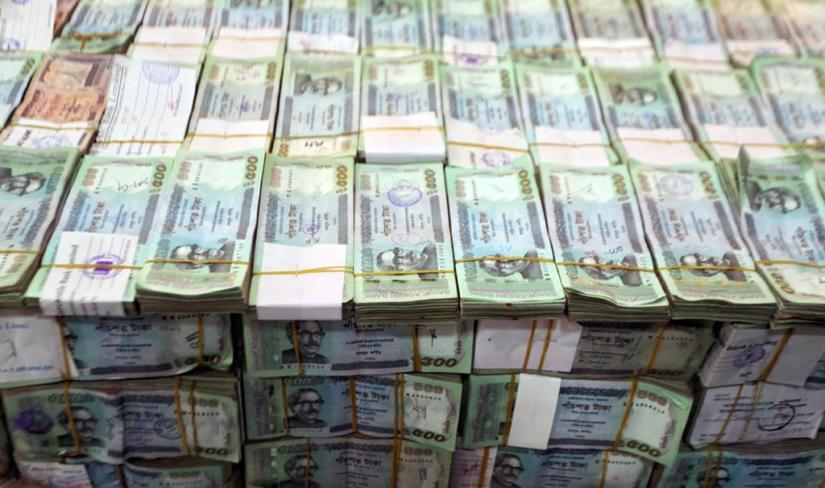
Bangladesh Bank governor Fazle Kabir has asked the banks to take preparation to offer single digit loans to businessmen from 1 April.
There is also a directive from the government on the matter. But, banks are unwilling to follow the directives because bank officials feel that if loans are given on single digit then profit margins will fall, which will have an adverse impact on the salaries of the bank officials.
However, economists feel that if interest is fixed at 9 per cent then the pressure will fall on people with limited incomes. Since this will involve reducing bank’s expenses.
At present, the interest rate depending on banks is between 11 to 14 per cent. In this regard, former governor of Bangladesh Bank, Dr. Salehuddin Ahmed, said: “Only those who have influence with banks will be able to get 9 per cent interest.”
He also said that since the banks will have to reduce expenses, the main problem will be faced by people with low income.
“In the name of 9 per cent loan, if deposits are taken at low interest, the investors will face loss.”
MD’s of the banking sector feel that if deposits are ensured at 6 per cent, loans can be distributed at 9 per cent.
On Tuesday, 14 January, Association of Bankers’ Bangladesh, ABB, has recommended keeping SME loans outside single digit.
Bankers said at the meet that due to risks, distribution of consumer loans and SME loans won’t be possible.
After the meet, chairman of the Association of Bankers’ Bangladesh, ABB, Ali Reza Iftekhar, said: “we have requested to be waived from 9 per cent consumer and SME loans.”
He also mentioned that if banks get 6 per cent deposit, loan distribution at 9 per cent will be possible.
Bangladesh Bank spokesperson, Sirajul Islam, said: “Though MDs have suggested keeping SME sector outside single digit, Bangladesh Bank does not support it.”
A leading official of a private bank, said: “If interest is fixed at 9 per cent then income of the bank will fall by Tk 1 billion to Tk 1.5 billion. The official fears that to implement 9 per cent, interests on deposit will also have to be brought down.
Professor Helal Ahmed Chowdhury of Bangladesh Institute of Bank Management, said: “to implement 9 per cent interest, fifty per cent of government deposit has to be given to private banks at 6 per cent.”
At the same time, default loan has to be brought down, he added.
Meanwhile, MD of Agrani Bank, Shamsul ul Islam, said: “state owned banks have been distributing loans at 9 per cent from July, 2018 and this will be implemented for private banks from April. If this is implemented then the profit of banks will fall but the general people will be benefitted.”
If banks begin to hand out loans at 9 per cent then the economy will face benefits along with entrepreneurs, observed Ataur Rahman Pradhan, MD of Sonali Bank.






